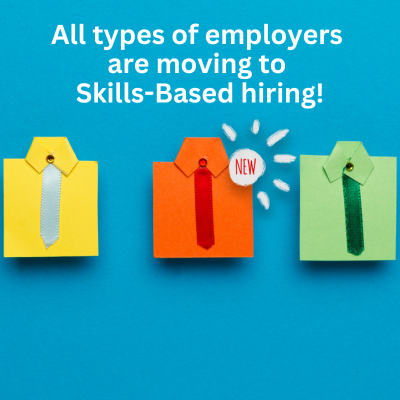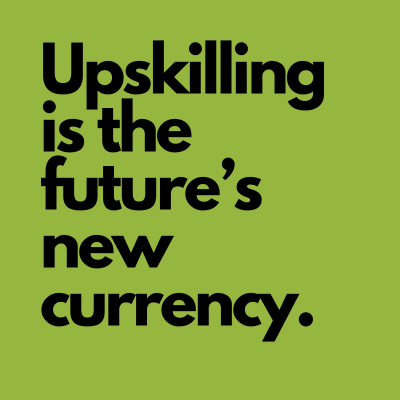by Neil Davey and published by HRZone.com
Adopting a skills-based approach to recruitment can have a dramatic impact on talent management and enterprise performance – as a growing number of organizations are discovering for themselves.
A revolution is taking place within recruitment. Major brands including IBM, Boeing and Walmart are tearing up traditional hiring practices, dropping degrees from job requirements, and adopting a skills-first focus.
This approach sees organizations prioritizing the skills required to be successful in roles, rather than focusing on previous job titles, previous employers and academic achievements – and conversations about this approach are taking place at the very highest levels.
In his first State of the Union address, the US President announced that the administration would keep the economy strong and support workers by hiring staff “based on their skills, not degrees”. Elsewhere, it was a topic of discussion for the World Economic Forum at Davos recently, where it was suggested that focusing on skills “could democratize access to economic opportunities and pathways.”
Addressing a skills shortage
While this growing interest may indicate that skills-based hiring is a new approach, it has in fact been around for decades – Josh Bersin points to energy, pharma and telecom companies that have been using it for years. It is gathering particular momentum at present, however, due to one very important development: the skills crisis.
“Skilled labour shortages are hampering economic growth across the globe,” highlights Ian Monk, CEO of skills-based workforce management platform Spotted Zebra. “In the UK alone, the Office of National Statistics has reported a record 1.2 million job vacancies, with more than half of those with a worker shortage stating they are unable to meet the demands of their customers.”
So what is skills-based hiring – and how do businesses believe it could solve the skills crisis?
What is skills-based hiring?
Skills-based hiring starts with a rigorous understanding of the hard and soft skills required for specific roles, ideally gleaned from multiple sources including manager/employee surveys, industry data, job specifications and even the input of occupational psychologists. For a digital marketing role, for instance, this could include Google AdWords (hard skills) and analytical skills (soft).
With these skills identified, job advertisements can focus on skill requirements rather than qualifications and job history. The subsequent interview process seeks to validate applicant skills via assessments, self-evaluation and skills inference. The approach allows businesses to make data driven, skills-based, best practice recruitment decisions.
Continue reading full article here.
Or if you are ready to learn how Jobspeaker can help you move to a Skill-Based Hiring Approach, schedule a demo today.


